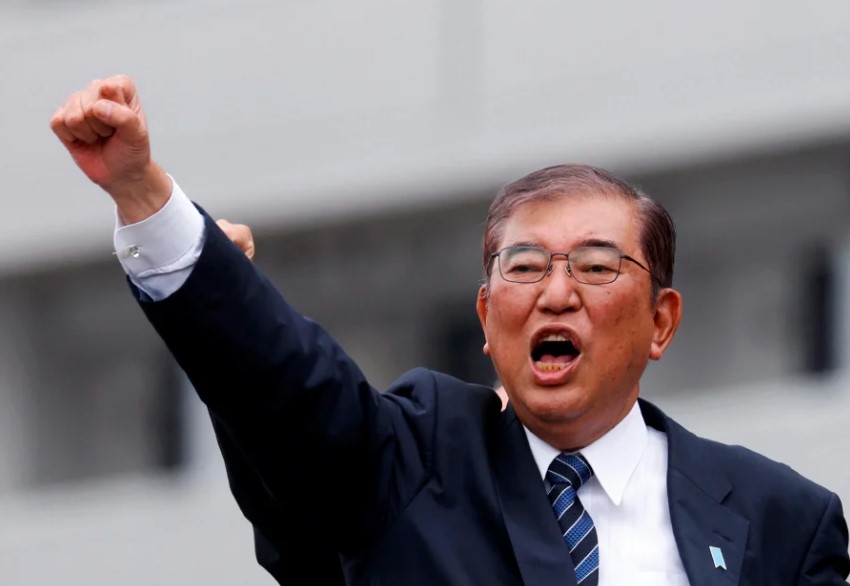
Polls opened today in Japan for a highly competitive election with new Prime Minister Shigeru Ishiba and his Liberal Democratic Party (LDP) facing a potentially disastrous outcome—its worst since 2009. Opinion polls indicate that the conservative LDP and its junior coalition partner, Komeito might fall short of the majority needed to maintain their grip on power which could severely undermine Ishiba’s leadership.
Ishiba, who previously served as defense minister, called for this snap election after his narrow selection to lead the LDP last month. Voter dissatisfaction has grown due to rising prices and a slush fund scandal that contributed to the downfall of former Prime Minister Fumio Kishida. At a rally, Ishiba emphasized the need for the party to regain voter trust: “We want to start afresh as a fair, just and sincere party.”
While he aims to revitalize rural areas and tackle Japan’s declining population through family-friendly policies, Ishiba has backtracked on certain positions, including the issue of allowing married couples to use separate surnames and appointed only two women to his cabinet. The LDP’s current standing is precarious, with a Yomiuri Shimbun poll indicating they may struggle to secure the 233 lower house seats required for a majority.
Missing this threshold could prompt Ishiba to resign, risking the record for Japan’s shortest-serving prime minister currently held by Naruhiko Higashikuni, who served 54 days post-World War II. The election pits the LDP against the Constitutional Democratic Party (CDP) led by former Prime Minister Yoshihiko Noda. Noda criticized the LDP for prioritizing donors over vulnerable citizens.
Voter sentiment remains mixed with undecided voters like Hitomi Hisano expressing frustration with the LDP but lacking confidence in other parties.


